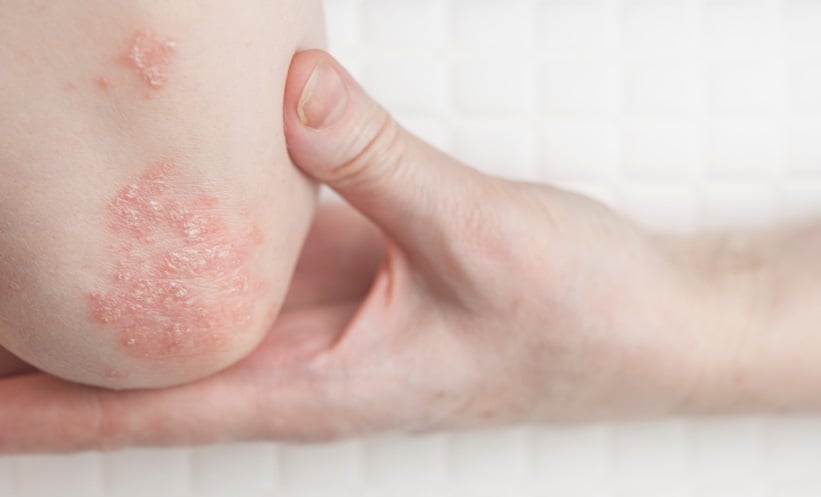SEVERE psoriasis, particularly the chronic form of plaque psoriasis, remains challenging for patients due to its prolonged course and potential for poor outcomes. The complexity of this condition underscores the importance of identifying independent risk factors that contribute to its severity. Recently, a study involving 2,109 patients from 12 hospitals across China (October 2019–May 2022) has shed new light on this issue.
The study utilised a logistic regression model, subsequently validated both internally and externally, to ensure its robustness in predicting the risk of severe psoriasis. In the internal validation, the model demonstrated substantial predictive power, achieving a C-index of 0.863 (95% CI: 0.848–0.879), which reflects its discriminative strength. External validation, based on independent cohorts from June 2022 to January 2023, further strengthened these findings, with C-indices of 0.910 and 0.951, respectively.
The study’s innovative “Nomogram-10” model incorporates 10 critical risk factors that contribute to psoriasis severity. These include patient-specific factors such as the Dermatology Life Quality Index (DLQI), the extent of skin involvement (measured by body surface area), age, sex, body weight, career, and presence of scalp or facial involvement, as well as the presence of arthropathy. Patients with a Psoriasis Area and Severity Index (PASI) score of 10 or higher are classified under severe cases, benefiting most from personalised treatment approaches.
To facilitate clinical application, the model has been made accessible through a dynamic nomogram and QR code, enabling clinicians to quickly assess individual patient profiles. This approach allows healthcare providers to tailor intervention strategies effectively, improving patient outcomes.
Reference
Wang H et al. A large-scale retrospective study in China explores risk factors for disease severity in plaque psoriasis. Sci Rep. 2024;14(1):25749.







